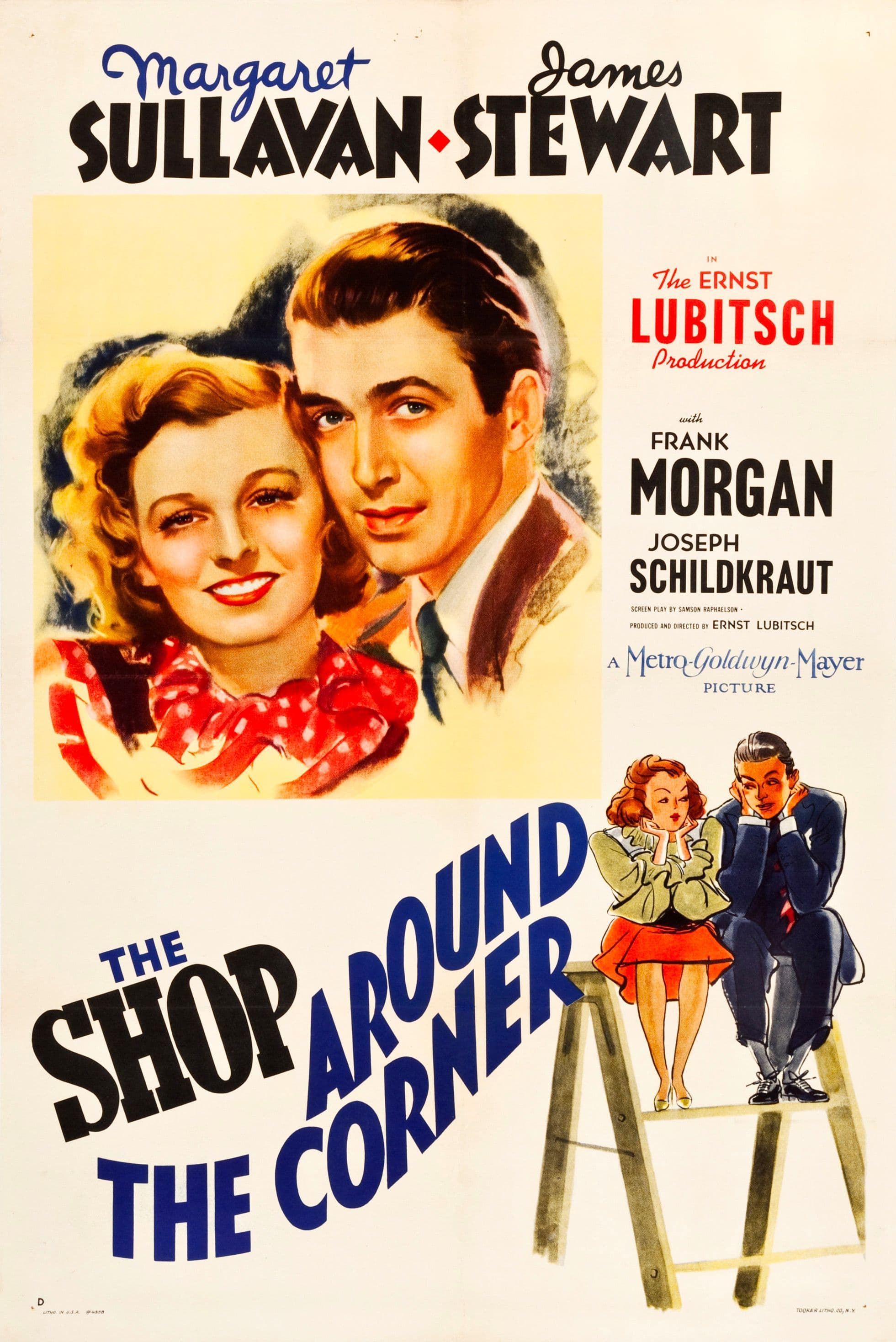
The Shop Around the Corner
1940
Rate this movie
Average: 0.00 / 5
(0 votes)
Director
There are films that assault the senses with epic fanfare and films that, with the grace of a magician, steal a smile and your heart without you even noticing. Scrivimi, fermo posta (1940) belongs gloriously to the second category. It is the quintessence of that ineffable and magical quality known as “The Lubitsch Touch,” a touch that transforms a simple romantic comedy into a masterpiece of emotional intelligence, a clockwork mechanism of such perfection that it seems almost random. Ernst Lubitsch invites us into the microcosm of the Matuschek & Co. gift shop in Budapest, an almost fairy-tale, pre-war world, to tell us a story as simple as it is eternally true: that of two souls who find each other first on paper and then, with much more effort, in real life.
The premise is delightfully ironic. Two employees in a souvenir shop, Alfred Kralik (James Stewart at his peak of awkward and adorable humanity) and Klara Novak (a proud and witty Margaret Sullavan), can barely stand each other during working hours. Their interactions are a constant skirmish of barbs and wounded pride. They don't know, of course, that in their spare time they are falling madly in love with each other as anonymous pen pals. In their letters, they exchange thoughts on art, literature, and life, revealing a depth and sensitivity that they carefully hide behind the shop counter. They are, in essence, in love with each other's souls, while cordially detesting each other's facades.
Seen today, the film reveals an almost prophetic insight, anticipating the dynamics and anxieties of the digital age by decades. It can be said without fear of contradiction that Scrivimi, fermo posta is the archetype of the online romantic comedy. Kralik and Novak are the unwitting pioneers of the creation of an avatar, an idealized profile. Their letters are the equivalent of our carefully composed messages, where we present a distilled, more cultured and romantic version of ourselves. Lubitsch stages, almost a century ahead of its time, the great paradox of our age: the oxymoron of distance-closeness. The ability to create a powerful intellectual and emotional bond with a stranger, ignoring or even despising the flesh-and-blood person sitting next to us. The 1998 remake, You've Got Mail, did nothing more than update the medium, from letter paper to email, demonstrating the disconcerting modernity and timeless nature of Lubitsch's original concept.
The film beautifully explores the fear and excitement of the first encounter, the terror that physical reality will not live up to the epistolary fantasy. Unlike many screwball comedies of the era, which relied on ditzy heiresses and farcical situations, love in early Hollywood finds in Lubitsch a social solution of rare subtlety.
The love story does not take place in a vacuum, but is deeply rooted in the social and economic context of the store. Matuschek & Co. is not just a backdrop, but a surrogate family, a microcosm with its own hierarchies, loyalties, gossip, and crises. The love between Alfred and Klara blossoms amid anxieties about a possible letter of dismissal, solidarity among colleagues, and the almost paternal drama of Mr. Matuschek. Lubitsch tells us that love is not an escape from life, but what makes it bearable and, at times, even wonderful. It is this gentle, almost Dickensian humanism, set in an operetta-like Budapest on the eve of the abyss of World War II, that gives the film a warmth and depth that elevates it far above a simple comedy of misunderstandings.
The links between Lubitsch and Hollywood mannerism are obvious, but his art is a method of transcending labels. The famous “Lubitsch Touch” is not a technique, it is a sensibility. It is the art of ellipsis, of the unsaid, of suggesting the essential through a closed door, an object left on the table, an eloquent glance. We could venture an unusual and profound analogy: his cinema is like the music of Mozart. On the surface, it is all elegance, lightness, perfect structure, and irresistible charm. But beneath the crystalline grace lies a deep understanding of melancholy, desire, and the complex fragility of the human heart. Lubitsch takes the conventions and clichés of the Hollywood system and elevates them, infusing them with an exquisitely European intelligence and sophistication. It is a film that celebrates small victories, kind gestures, and the discovery that the person who irritates us the most may be the one our heart has been searching for. For its light perfection and its profound, timeless understanding of human nature, The Postman has earned a non-negotiable place of honor in the Movie Canon.
Genres
Country
Gallery
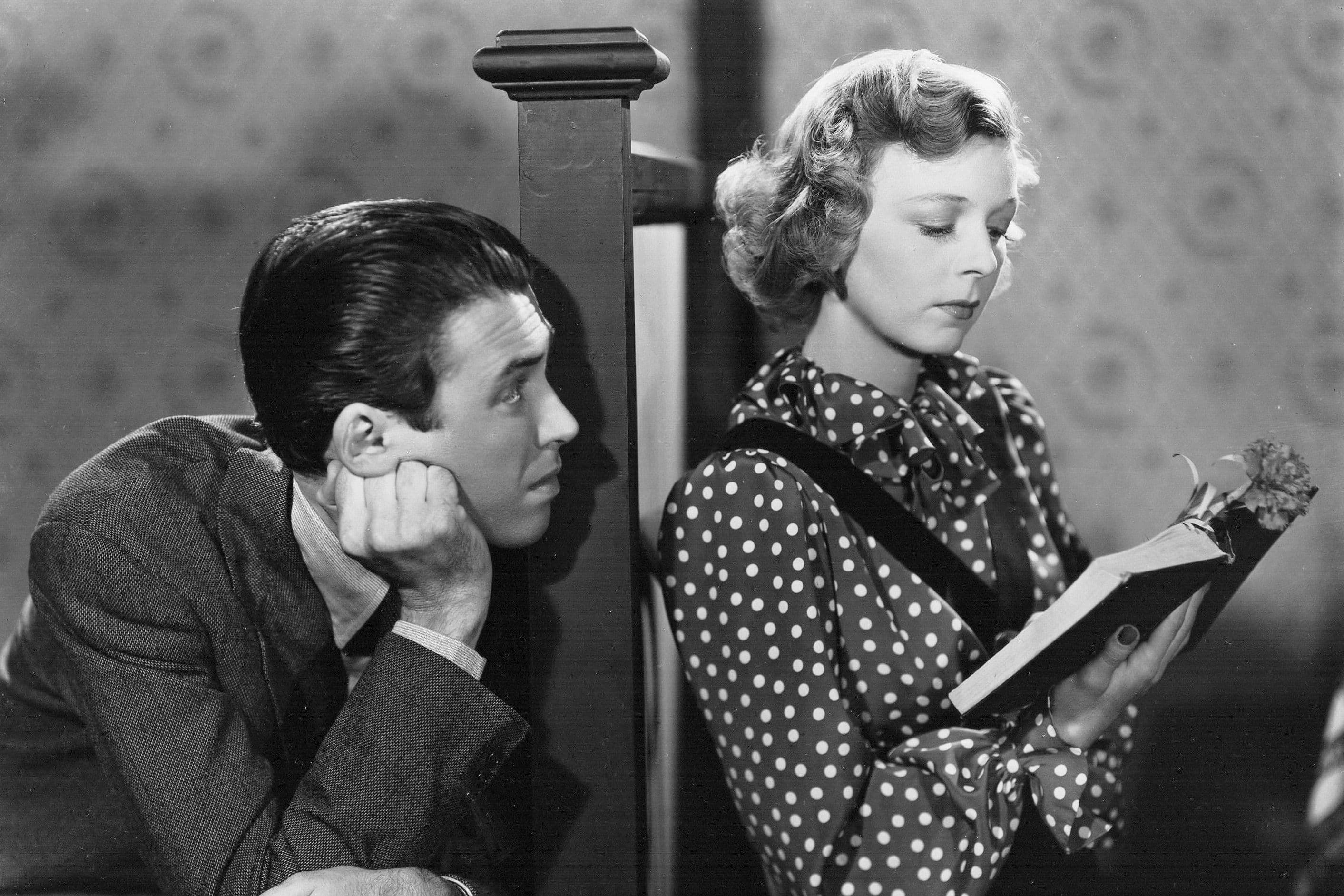
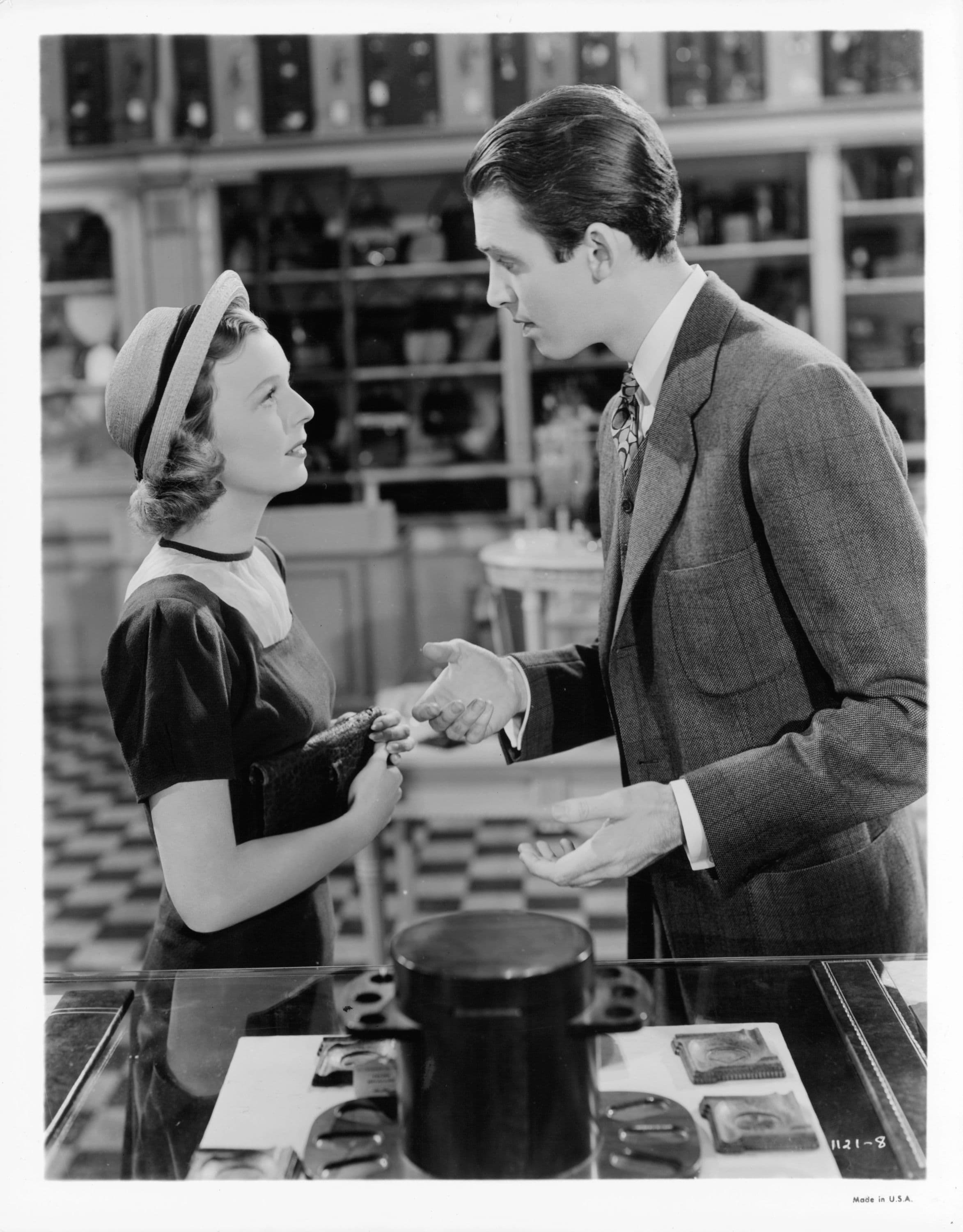
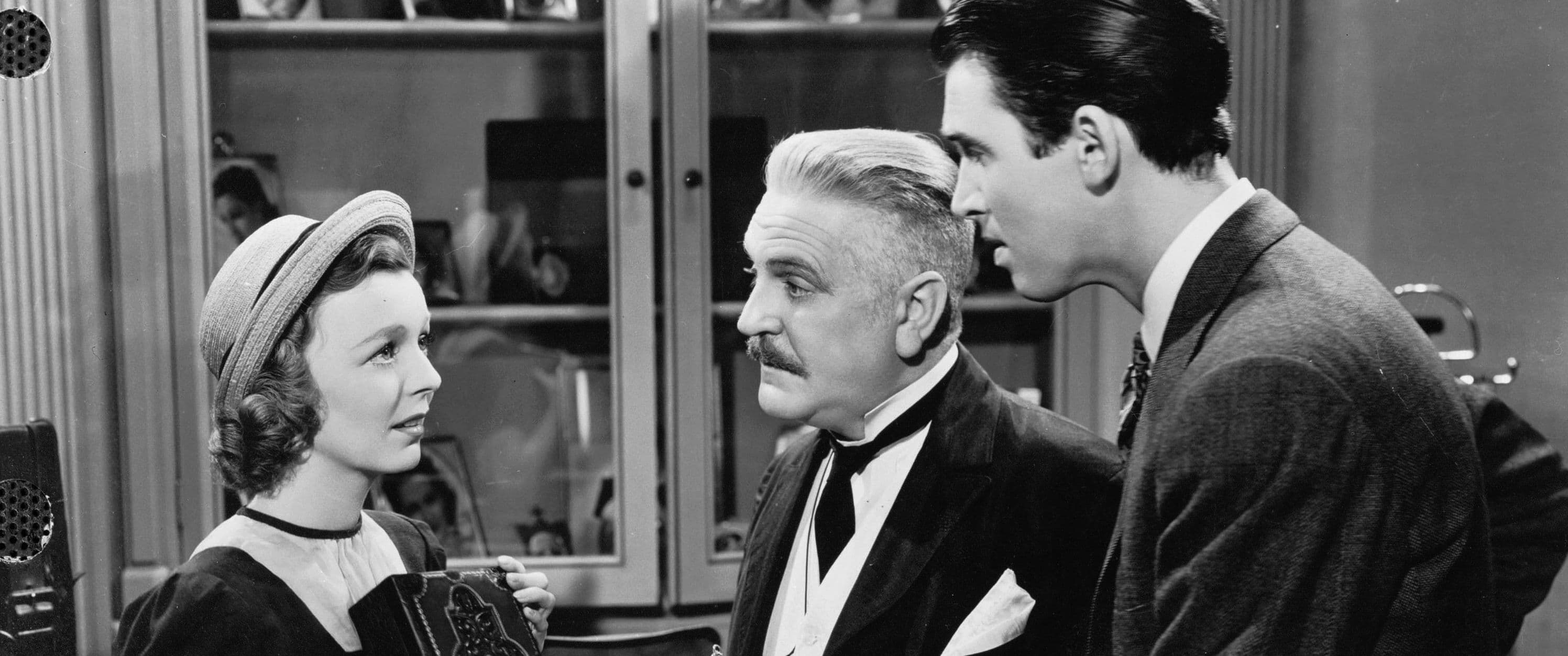
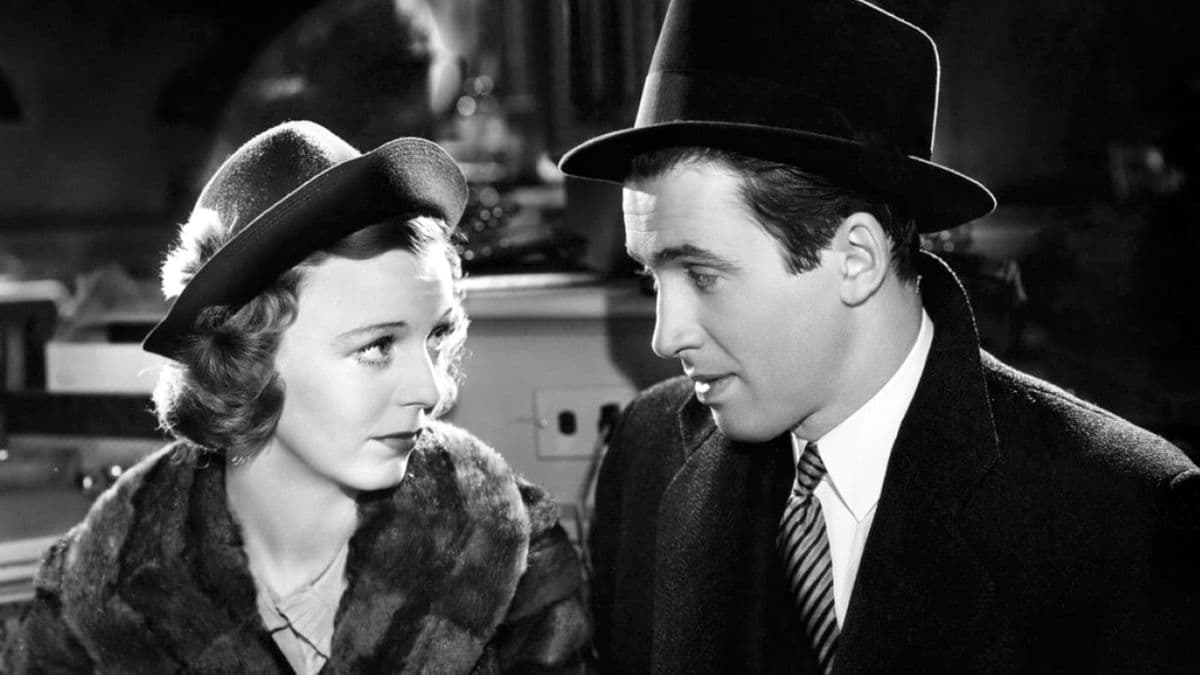
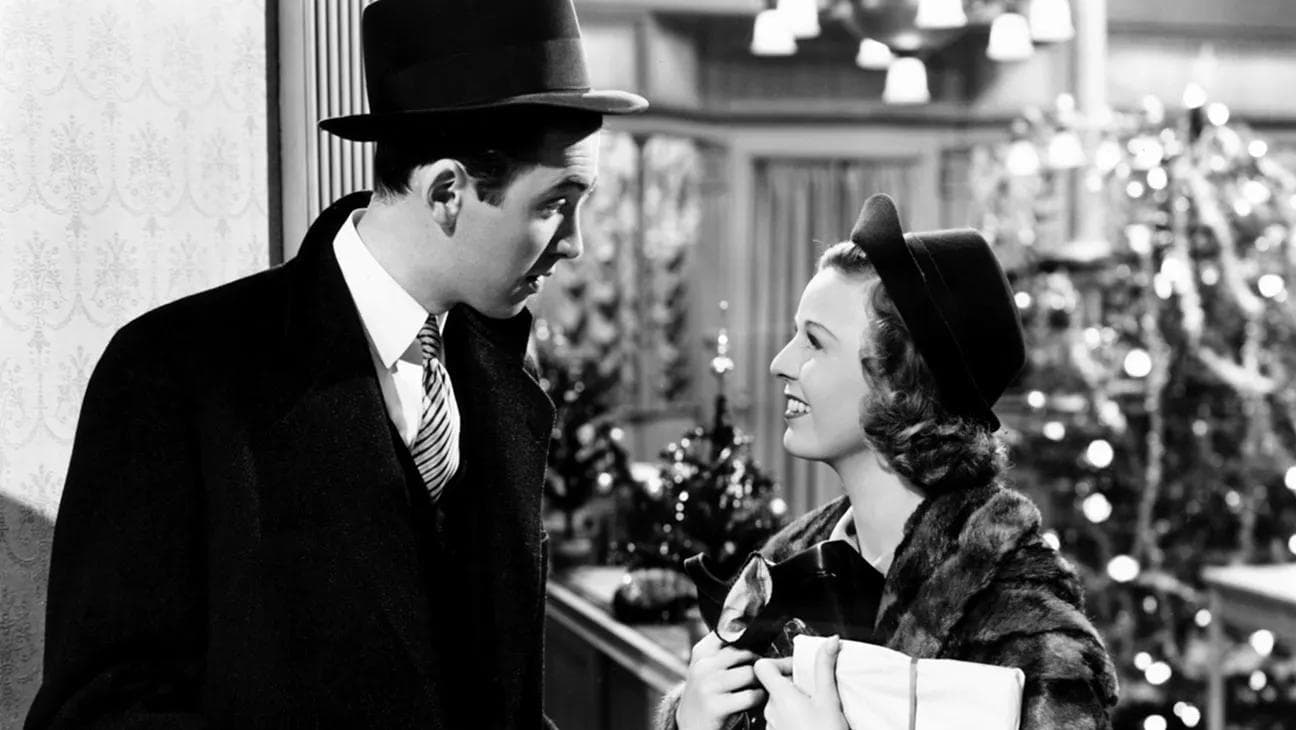
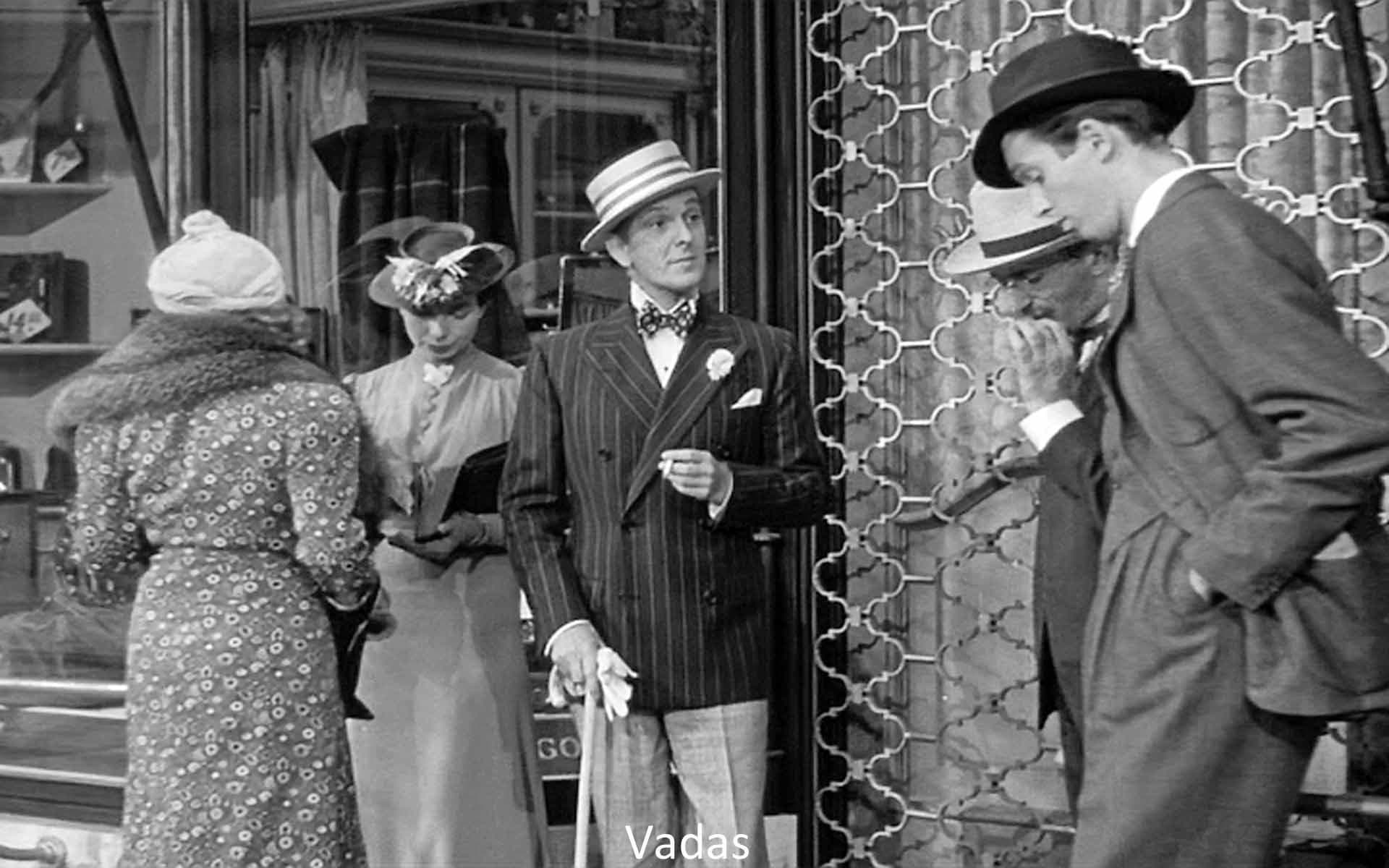
Featured Videos
Trailer
Comments
Loading comments...